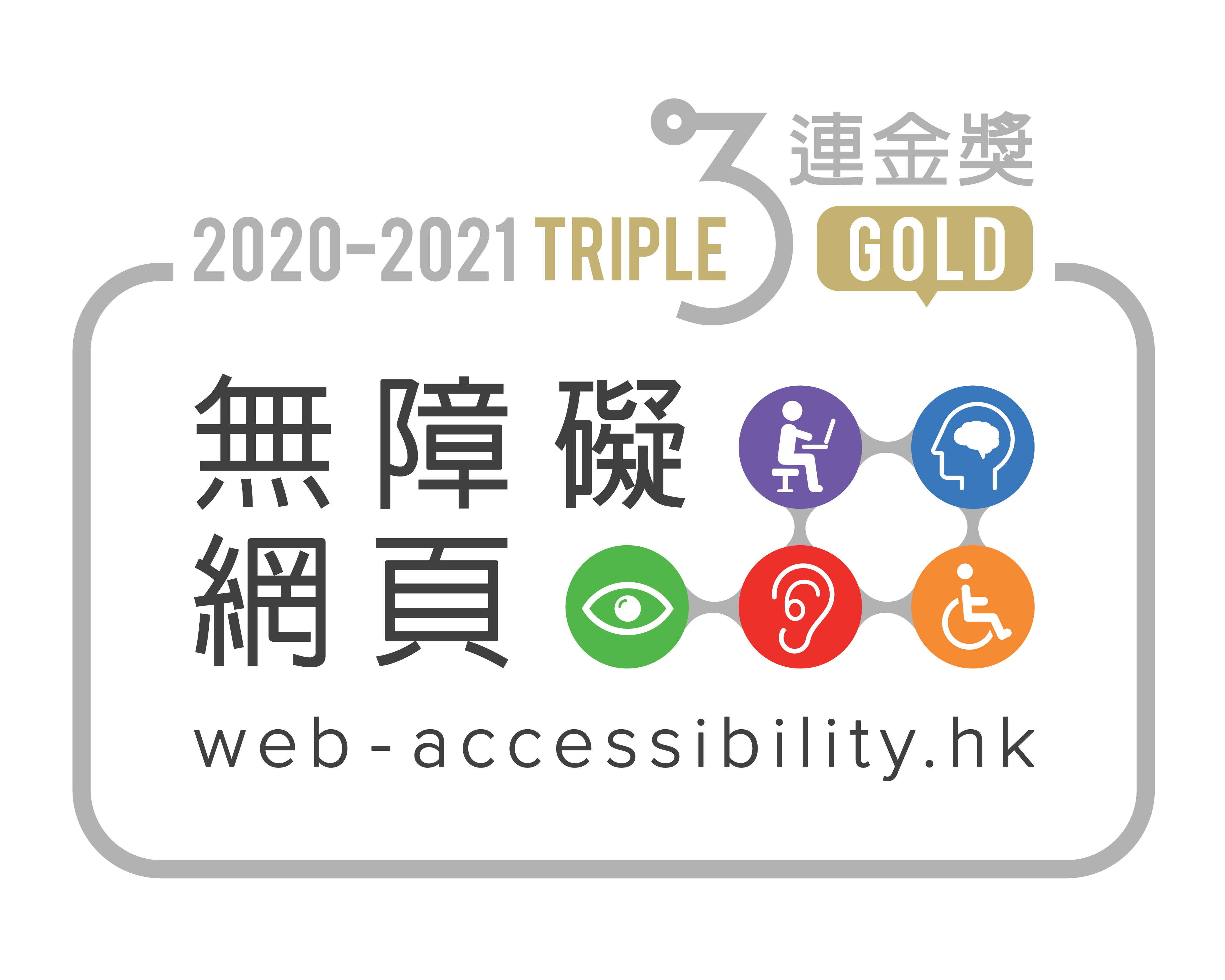CUHK
News Centre
Survey Findings on Ratings of the Chief Executive-elect John Lee Released by the Hong Kong Institute of Asia-Pacific Studies at CUHK
Chief Executive Carrie Lam is about to step down, and Chief Executive-elect John Lee will succeed her in July. The Hong Kong Institute of Asia-Pacific Studies at The Chinese University of Hong Kong recently conducted a survey to explore the public’s support for and preliminary ratings of Lee. According to the survey results, Lee’s overall rating was 39.5. In addition, 32.0% of the respondents supported him as the new Chief Executive, more than those who did not.
The telephone survey was conducted in the evening from 27 May 2022 to 14 June 2022. Respondents were asked to rate Lee on five aspects, with 0 as the lowest, 100 as the highest and 50 as the pass mark. Lee scored relatively high in terms of “work capability”, with an average score of 42.5, followed by “able to improve Hong Kong’s economy” (40.4), “balance of interests between different sectors” (39.2) and “care for people’s livelihood” (38.5). The rating for “protection of Hong Kong’s freedom and human rights” was relatively low, with a score of 30.2. In terms of the overall rating, Lee’s score was 39.5.
The survey results also showed that 32.0% of the respondents supported Lee as the next Chief Executive, while 24.1% did not and 29.3% answered “in-between”. In addition, 25.6% of the respondents said they were confident that he could govern Hong Kong well in the future, 36.1% answered the opposite and 32.9% said “in-between”. This suggests that about 30% of the respondents may not have formed a definite opinion yet.
During his election campaign, Lee proposed four core social policies: “improving the health care system”, “providing care for the elderly and relief for the underprivileged”, “improving upward mobility for youth” and “enhancing the education system to better prepare for the future”. Among the respondents, 28.4% believed that after Lee takes office, he should first implement “improving the health care system”, 26.6% said that “improving upward mobility for youth” should be given the priority, 14.9% felt he should start with “providing care for the elderly and relief for the underprivileged”, while 12.6% prioritised “enhancing the education system to better prepare for the future”.
The survey employed a dual-frame sampling design that included both landline and mobile phone numbers. A total of 710 respondents aged 18 or above (landline: 350; mobile: 360) were successfully interviewed, with response rates of 26.4% (landline) and 28.1% (mobile). The sampling error for a sample size of 710 is estimated at plus or minus 3.68 percentage points at a 95% confidence level. Furthermore, the data in this survey was weighted based on the probability of the respondents being selected via a dual-frame sampling design and on the latest information on the age-sex distribution of the population published by the Census and Statistics Department.
